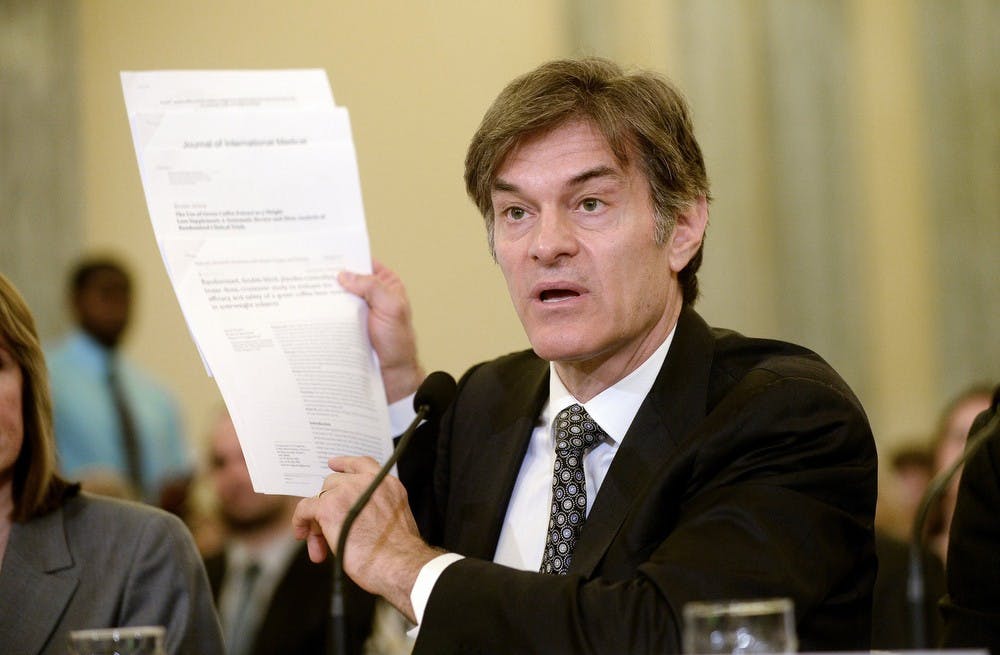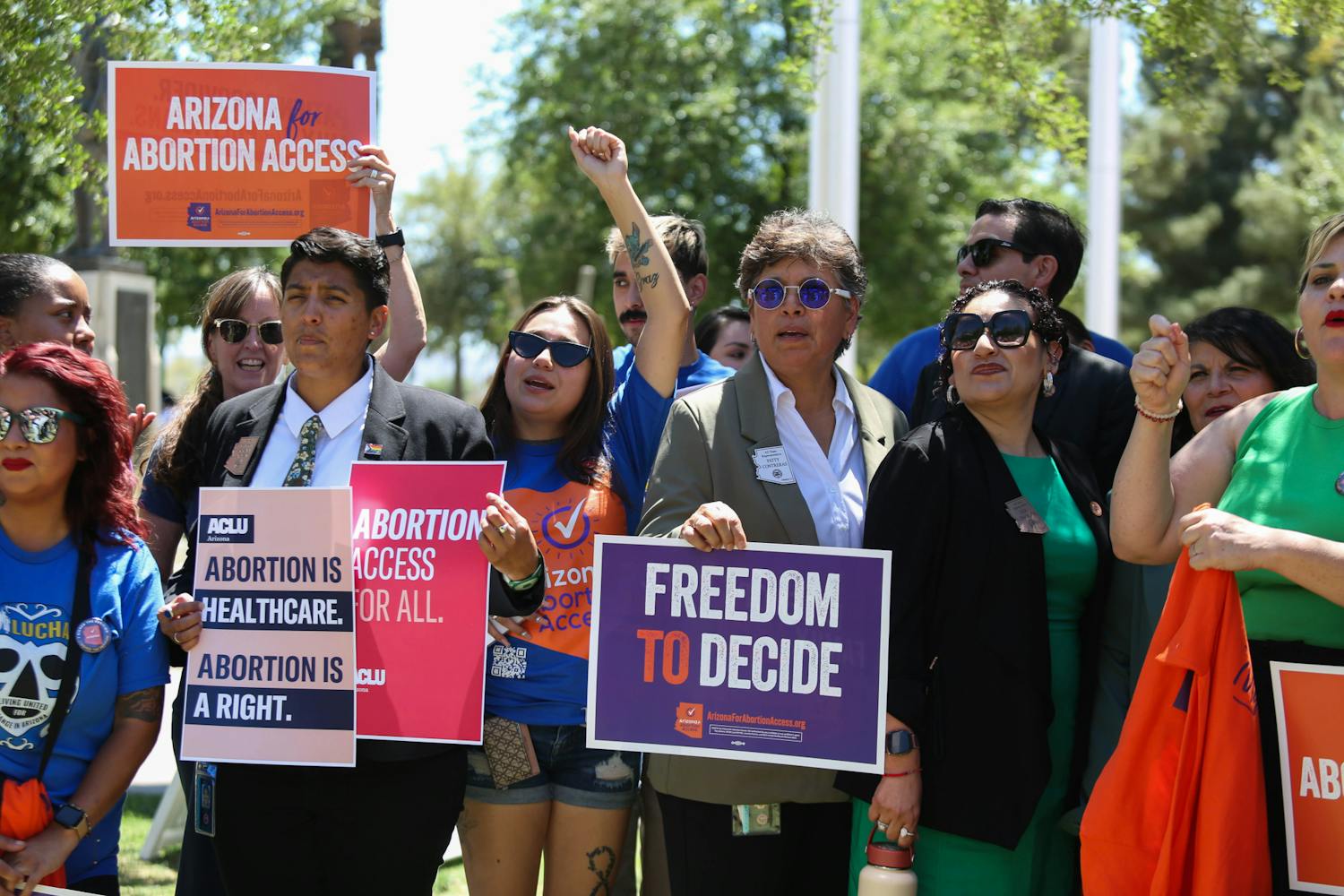Marketing products and services is a business tactic that has evolved over hundreds of years. In contemporary marketing, false promises and misleading statements have become widespread across the market as businesses seek new ways to procure revenue.
We have all seen signs or commercials advertising free gifts, but once they get your attention, they provide this long list of tasks to complete in order to obtain your "free" item.
Many businesses promise this free or much cheaper product to spark an initial interest in the possible customer, but they hide the real costs of acquiring said product in a fine print letter hundreds of pages long in a font that even people with 20/20 vision struggle reading. This is a phenomenon described as deceptive advertising. According to consumerlaws.com: "Deceptive advertising, also known as false advertising, refers to a manufacturer's use of confusing, misleading or blatantly untrue statements when promoting a product."
State and federal laws are in place to prevent deceptive advertising, but it is plainly not possible for every business to be upheld to proper marketing standards.
Last year, I was walking out of the gym and noticed a card was placed on my windshield. The cheaply designed advertisement ensured me a free protein shake if I brought the card to their store. There was no fine print or disclaimer stating any other hoops to jump through, so it sounded like a great deal to me. I arrived at the drink store, card in hand and asked the cashier for my free protein shake. She met my request with a quizzical expression and then went on to explain that I had to do a taste test of different products for a few hours in order to receive my free drink.
Needless to say, I was very frustrated about the time I wasted and felt bamboozled by this store's weak attempt at receiving my business. It does not end at just this place. Marketers across the country use this tactic to mislead ignorant consumers into giving them their hard earned paychecks for products or services often misrepresented.
The Federal Trade Commission oversees the practices of private companies across the country and protects consumers from false advertisement. In 2010, the oversight body sought legal action and settled with the identity theft protection service LifeLock with a whopping $12 million settlement for false advertisement.
It is great that many businesses like LifeLock are getting burned for their false promises, but of course more people are being tricked into handing over their cash than the FTC can keep up with.
There are two solutions to this widespread issue of false advertising. First, consumers need to become more educated on how to sift out these companies that make false promises. It starts in the education system in schools where we can teach future generations how to make safe and positive decisions with their money. Next, friends, peers and family members should discuss and talk about where they are spending their money so we can help advise each other on what the proper way of obtaining that product or service would be.
On the business side, I implore companies to use much more positive and ethical marketing tactics such as promoting customer reviews, providing actually free samples with no gimmicks involved, and providing that warm feeling of hospitality and real caring that consumers look for and are so often attracted to.
By adopting these practices our society would create a market where consumers are not living in fear of what business is going to take their money next with hidden fees and false advertisements. At the same time, promoting ethical marketing practices would cultivate a marketplace where people are more inclined to circulate their income because of the satisfaction they receive from the products or services they are purchasing.
Related Links:
Reach the columnist at Graham.Paul@asu.edu or follow @GrahamASUpress on Twitter.
Editor’s note: The opinions presented in this column are the author’s and do not imply any endorsement from The State Press or its editors.
Want to join the conversation? Send an email to opiniondesk.statepress@gmail.com. Keep letters under 300 words and be sure to include your university affiliation. Anonymity will not be granted.
Like The State Press on Facebook and follow @statepress on Twitter.




